Sparkle and Shine with Homemade Vinegar Cleaner
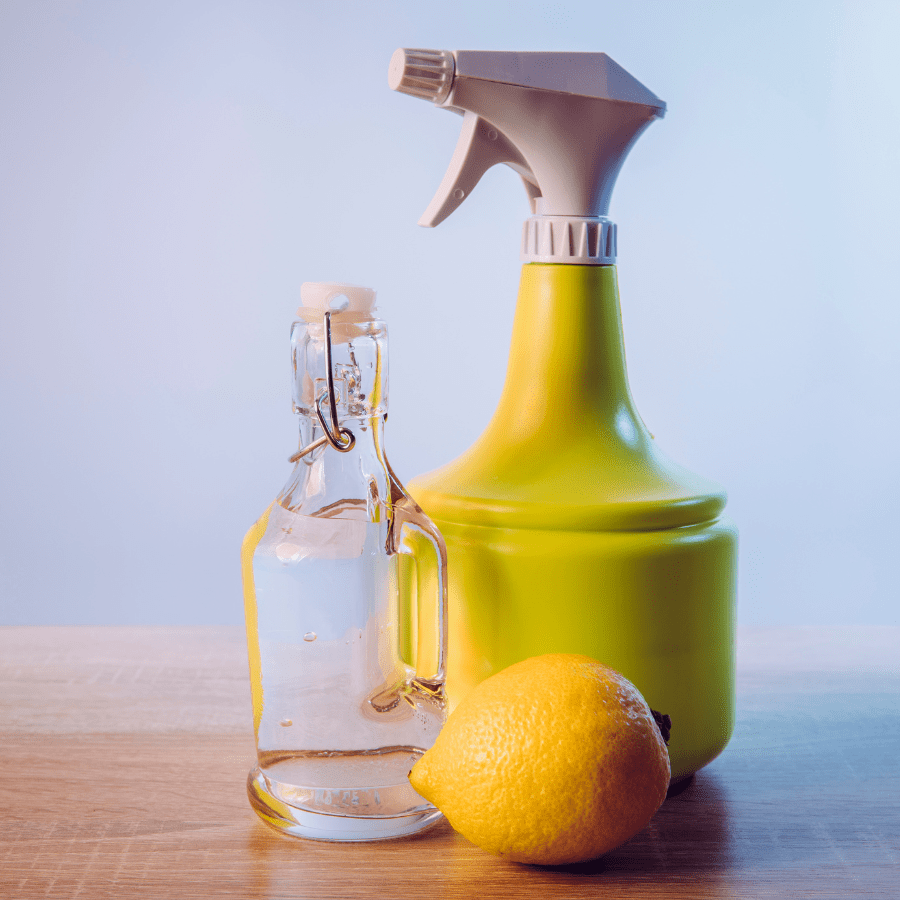
Key Highlights
- Make your own natural cleaner with a vinegar solution and essential oils
- Vinegar is a powerful disinfectant that can clean various surfaces in your home
- Use a microfiber cloth and a spray bottle for easy application
- Customize your vinegar cleaner with different essential oils for fragrance and extra cleaning power
- Follow safety tips and avoid using vinegar on certain surfaces or mixing it with bleach
Introduction
Cleaning your home doesn’t have to involve harsh chemicals or expensive cleaning products. With a few simple ingredients, you can create your own homemade cleaner that is effective, safe, and environmentally friendly. One of the key ingredients you can use is vinegar. Vinegar is a natural cleaner that has been used for centuries due to its disinfectant properties and ability to break down grime and grease. In this blog, we will explore the science behind vinegar as a cleaner, how to prepare your own vinegar cleaning solution, and the various ways you can use it to clean different areas of your home.
The Science Behind Vinegar as a Cleaner
Vinegar, specifically distilled white vinegar, contains a compound called acetic acid. This compound gives vinegar its strong smell and also contributes to its disinfectant properties. Acetic acid has the ability to break down bacteria and viruses, making it an effective natural cleaner. Its acidity also helps to dissolve tough grime and grease. Unlike harsh chemical cleaners, vinegar is non-toxic and safe to use around children and pets. It is also an eco-friendly alternative to commercial cleaning products that often contain harmful chemicals. By harnessing the power of vinegar, you can clean your home effectively while minimizing your impact on the environment.
Why Vinegar Works Against Germs and Grime
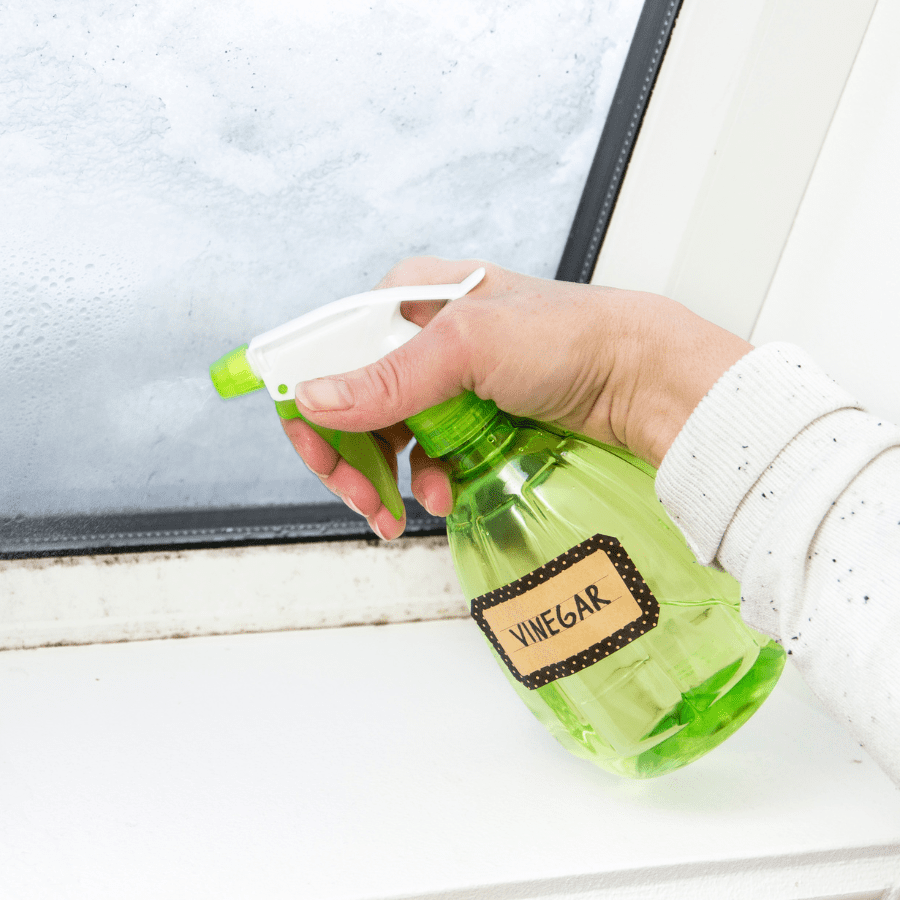
Vinegar’s disinfectant properties are due to its high acidity. The acetic acid in vinegar creates an environment that is unfriendly to bacteria and viruses, effectively killing them. This makes vinegar a great choice for wiping surfaces that come into contact with germs, such as kitchen countertops and bathroom fixtures.
The Acidity of Vinegar and Its Cleaning Power
The acidity of vinegar, specifically the acetic acid it contains, plays a crucial role in its dirt fighting power. Acetic acid has a pH level of around 2.4, which makes it acidic enough to cut through grease and dissolve tough stains. Its low pH level helps to break down the chemical bonds in grease molecules, making it easier to wipe away. This makes vinegar an excellent choice for cleaning kitchen surfaces that often accumulate grease, such as stovetops and countertops. By using vinegar as a natural cleaning solution, you can effectively tackle greasy messes without the need for harsh chemicals.
Preparing Your Homemade Vinegar Cleaning Solution
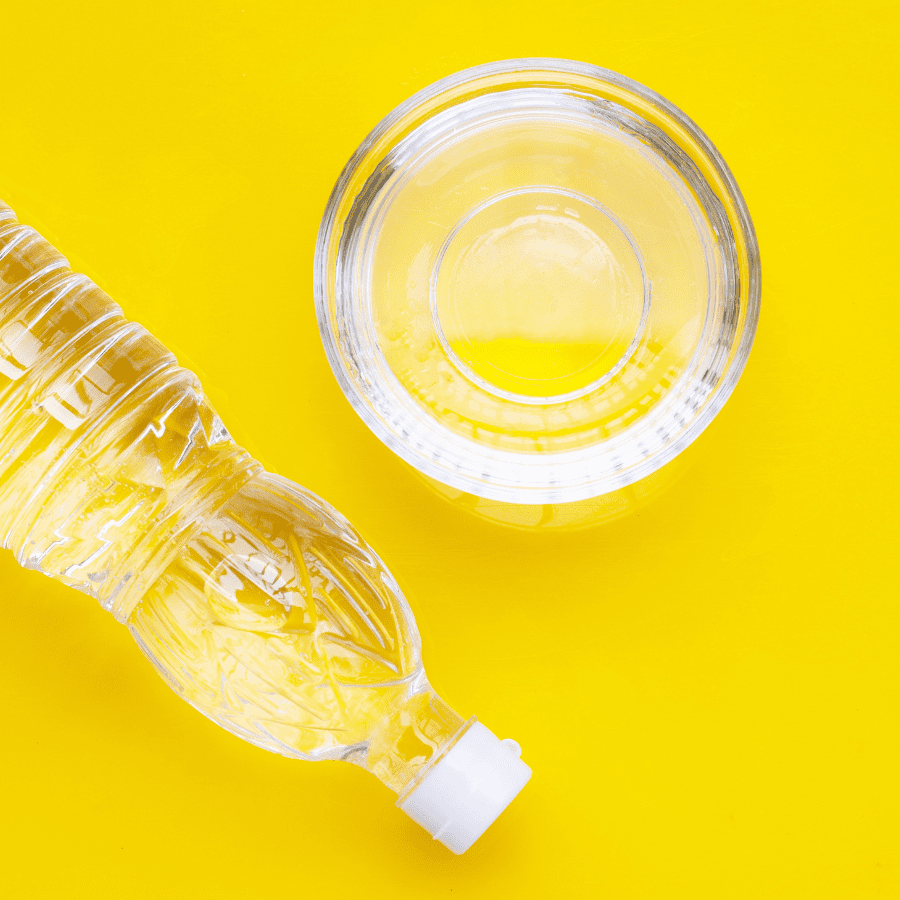
Making your own vinegar cleaning solution is simple and cost-effective. All you need are a few basic ingredients: vinegar, water, and essential oils for fragrance (if desired). To ensure easy application, you’ll also need a spray bottle (preferable glass) and a microfiber cloth. The vinegar solution can be easily mixed by combining equal parts vinegar and water. Adding a few drops of your favorite essential oil will help to mask the vinegar smell and give your solution a pleasant scent. Once the solution is mixed, transfer it to a glass spray bottle for convenient use. With your homemade vinegar cleaner ready, you can start tackling cleaning tasks around your home.
Essential Ingredients for Your Vinegar Cleaner
To prepare your homemade vinegar cleaner, you’ll need a few essential ingredients. Here’s what you’ll need:
- Vinegar: Distilled white vinegar is the most commonly used type of vinegar for cleaning. It contains 5% acetic acid, which gives it its cleaning power.
- Water: You’ll need some kind of water for your cleaning solution. Distilled water helps to ensure that there are no impurities that could affect the cleaning power of your solution, but purified water works well too.
- Essential oils: Adding a few drops of your favorite essential oil will help to mask the strong smell of vinegar and give your spray a pleasant scent.
By combining these simple ingredients, you can create a powerful and effective vinegar cleaning solution that is safe to use in your home.
Step-by-Step Guide to Mixing Your Solution
Mixing your vinegar cleaning solution is a straightforward process. Here’s a step-by-step guide to help you:
- Prepare a vessel: Start by getting a clean mason jar or any other container with a lid. This will be used to mix your vinegar solution.
- Measure the ingredients: In the jar, combine equal parts vinegar and water. For example, if you use 1 cup of vinegar, add 1 cup of water.
- Add essential oils: If desired, add a few drops of essential oil to the mixture. This will help to mask the strong smell of vinegar and give your cleaner a pleasant scent. Mix well.
- Transfer to a spray bottle: Once the solution is mixed, carefully pour it into a glass spray bottle using a funnel. This will make it easier to apply the cleaner to various surfaces.
With your homemade vinegar cleaner mixed and transferred to a spray bottle, you’re ready to start cleaning your home naturally and effectively.
Customizing Your Vinegar Cleaner
While vinegar is a powerful cleaner on its own, you can further customize your vinegar cleaner by adding different essential oils. Essential oils not only add a pleasant fragrance to your cleaner but also provide additional cleaning power. Some popular essential oils to consider are tea tree oil, which has antimicrobial properties, and citrus oils, such as lemon or orange, which have grease-cutting abilities. By experimenting with different essential oil combinations, you can create a personalized vinegar cleaner that suits your preferences and cleaning needs.
Adding Essential Oils for Fragrance and Extra Cleaning Power
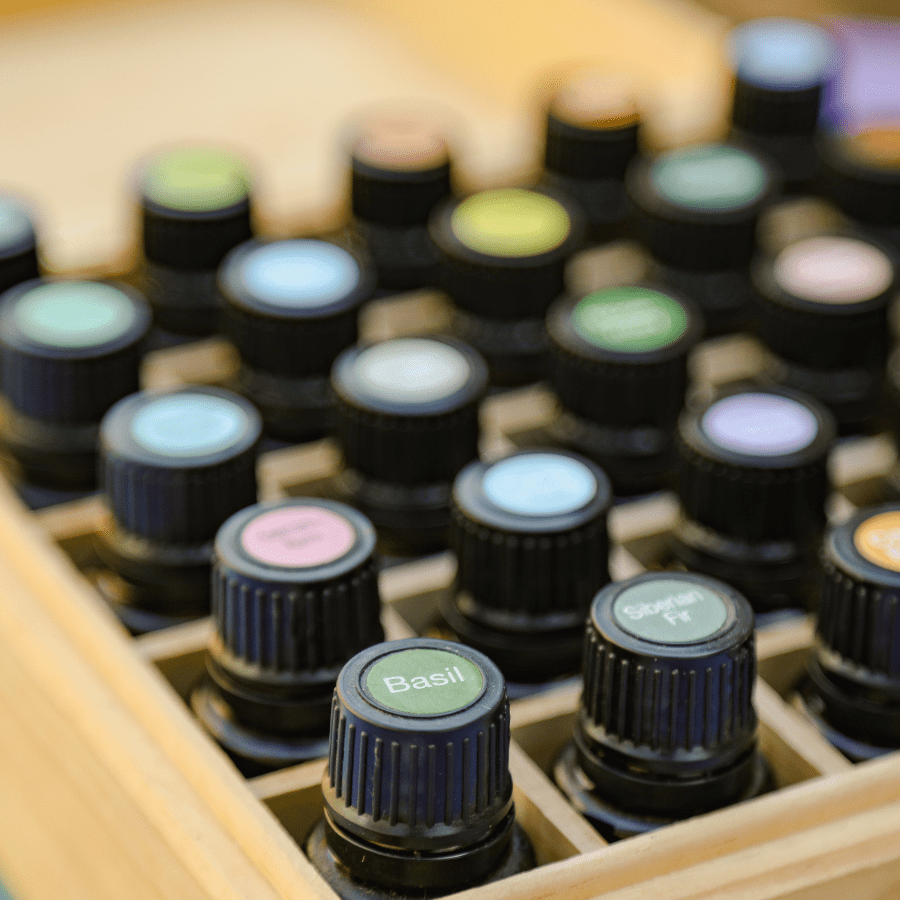
Adding essential oils to your vinegar cleaner can enhance both its fragrance and cleaning power. Here are a few essential oils that you can consider:
- Lavender: Lavender essential oil has a relaxing scent and is known for its antibacterial properties.
- Thyme: thyme oil contains thymol, a natural compound with strong antimicrobial properties. it’s effective against various types of bacteria and fungi, making it useful for disinfecting surfaces and fighting mold and mildew
- Eucalyptus: Eucalyptus essential oil has a strong, invigorating scent and is known for its antimicrobial and deodorizing properties. Be aware that large quantities of minty oils can be unsafe for pets.
Creating Different Mixes for Various Cleaning Needs
You can create different mixes of vinegar cleaner for various cleaning needs by incorporating different ingredients. Here are a few ideas:
- Lemon-infused cleaner: Add lemon peels to your vinegar and water mixture and let it sit for several days. The natural oils from the lemon peels will infuse into the vinegar, enhancing its cleaning power and leaving a fresh citrus scent.
- Grapefruit cleaner: Similar to the lemon-infused cleaner, you can use grapefruit peels to infuse the vinegar with a citrusy fragrance.
- Rosemary cleaner: Add a few sprigs of fresh rosemary to your vinegar and water mixture. Rosemary has antimicrobial properties and can provide an invigorating scent.
By experimenting with different ingredients and infusions, you can create custom vinegar cleaners that are tailored to specific cleaning tasks and leave your home smelling fresh and clean.
Label and Store the Bottle
Once you’ve mixed your vinegar cleaning solution and transferred it to a spray bottle, it’s important to label the bottle clearly. This will prevent any confusion and ensure that the cleaner is used correctly. You can use a permanent marker or adhesive labels to write down the contents of the bottle. Additionally, it’s important to store your vinegar cleaner properly. Keep it out of direct sunlight or heat, as this can alter the chemical constituents of the essential oils. To extend the shelf life of your cleaner, consider adding a preservative, such as vitamin E oil or grapefruit seed extract. By properly labeling and storing your vinegar cleaner, you can ensure its effectiveness and longevity.
Effective Uses of Vinegar in the Kitchen
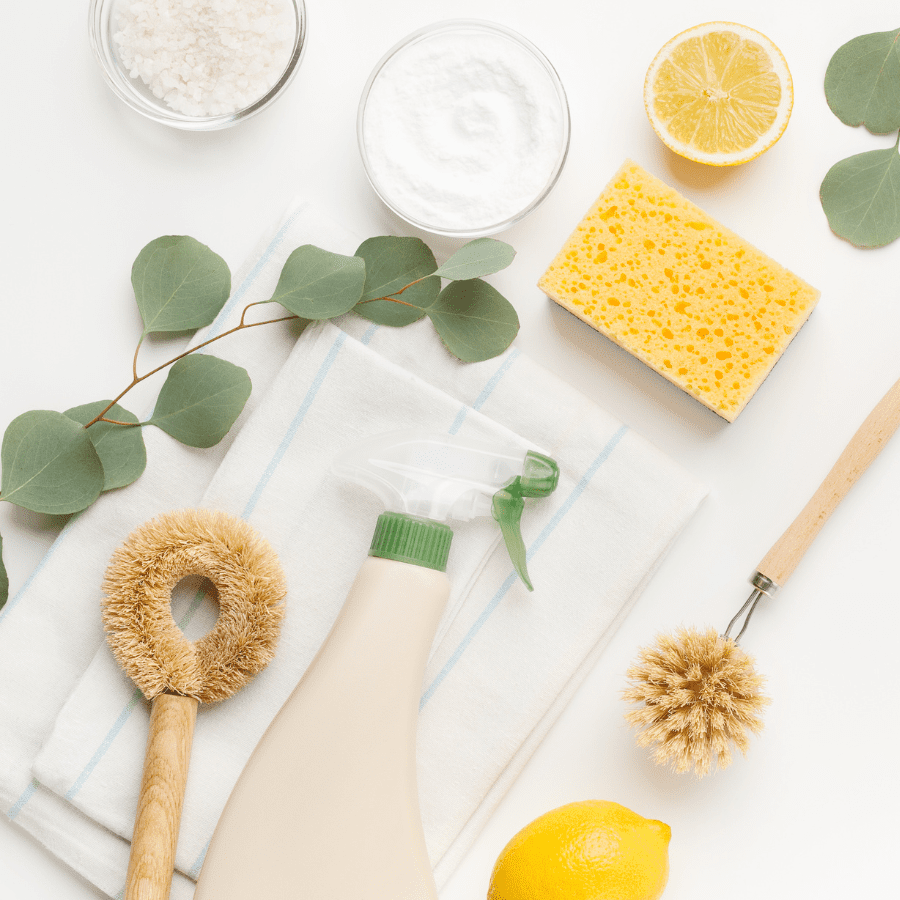
Vinegar is an excellent natural cleaner for various surfaces in the kitchen. Its acidity and disinfectant properties make it ideal for tackling kitchen messes. Here are a few effective uses of vinegar in the kitchen:
- Countertops: Wipe down your countertops with a vinegar cleaning solution to remove dirt, grime, and bacteria.
- Appliances: Use vinegar to clean appliances such as your fridge or microwave, removing stains, odors, and grease.
- Stainless steel: Vinegar can be used to clean stainless steel surfaces, leaving them shiny and streak-free.
By incorporating vinegar into your kitchen cleaning routine, you can keep your cooking space clean and safe in a natural and effective way.
Removing Tough Stains and Odors
Vinegar, combined with other natural ingredients, can be especially effective at removing tough stains and odors in the kitchen. Here are a few tips:
- Baking soda paste: For tough stains, create a thick paste using baking soda and vinegar. Apply the paste to the stained area, let it sit for a few minutes, then scrub with a sponge or brush. Rinse thoroughly.
- Removing vinegar smell: If you’re concerned about the strong smell of vinegar, you can add a few drops of citrus essential oil to your vinegar cleaning solution. This will help to mask the vinegar smell and leave a fresh citrus scent in your kitchen.
- Odor removal: To eliminate unpleasant odors from your kitchen, such as lingering food smells, place a small bowl of vinegar on the countertop overnight. The vinegar will help to absorb the odors and leave your kitchen smelling fresh.
By incorporating vinegar into your cleaning routine, you can effectively remove tough stains and odors in your kitchen, leaving it clean and fresh.
Vinegar Cleaning Hacks for the Bathroom
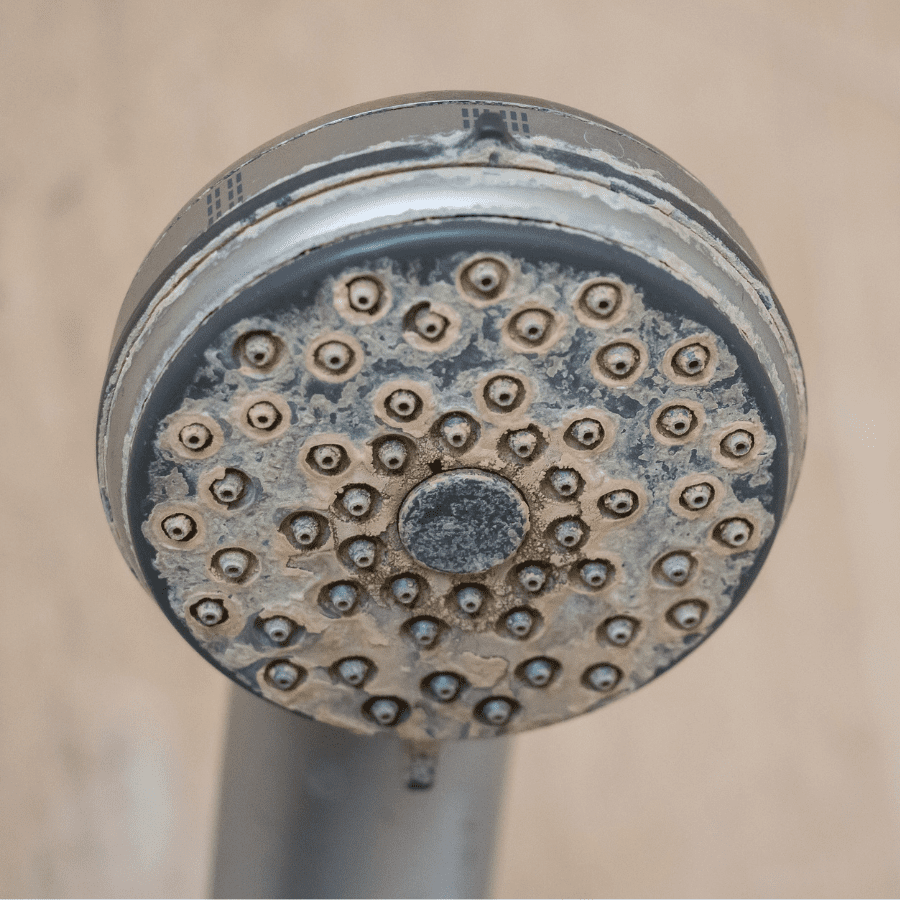
Vinegar is a versatile cleaner that can be used in various ways to tackle bathroom cleaning tasks. Here are a few vinegar cleaning hacks for the bathroom:
- Soap scum: Spray a vinegar cleaning solution onto soap scum-covered surfaces, such as shower walls or glass doors. Let it sit for a few minutes, then scrub with a brush or sponge. Rinse thoroughly.
- Tile surfaces: Use a vinegar cleaning solution to mop ceramic and porcelain tile floors. Mix equal parts vinegar and water in a pail and mop the mixture onto the tile. Wipe the floor dry to prevent pooling in the grout lines. Be carful around unsealed tiles and stone, the pH of vinegar could affect their appearance.
- Showerhead: To remove mineral deposits from the showerhead, remove it and soak it in undiluted vinegar for at least 30 minutes. Scrub with a toothbrush, then rinse thoroughly before reinstalling.
By using vinegar in your bathroom cleaning routine, you can effectively remove soap scum, clean tile surfaces, and keep your showerhead free from mineral buildup.
Sparkling Fixtures and Clear Drains
Vinegar can be used to clean and restore the sparkle to various fixtures and surfaces in your bathroom. Here are a few tips:
- Stainless steel fixtures: Use a vinegar cleaning solution to wipe down stainless steel fixtures, such as faucets and towel bars. This will remove water spots, fingerprints, and soap residue, leaving them shiny and clean.
- Grout cleaning: Mix baking soda with vinegar to create a thick paste. Apply the paste to stained grout lines and let it sit for a few minutes. Scrub with a brush or sponge, then rinse thoroughly. This will help to lift dirt and grime from the grout.
- Clearing drains: To clear clogged drains, pour a mixture of baking soda and vinegar down the drain. This will create a foaming reaction that can help to break down hair, soap scum, and other debris. Follow with boiling water to flush out the drain.
By using vinegar in these ways, you can keep your bathroom fixtures sparkling, and your drains clear and flowing smoothly. For other tips and tricks, check us out on Instagram.
Safe and Natural Toilet Cleaning Solutions
Vinegar can be used as a safe and effective cleaner for your toilet. Here are a few natural solutions to keep your toilet clean:
- Vinegar and baking soda: Sprinkle a small amount of baking soda into the toilet bowl, then pour vinegar over it. The mixture will create a foaming reaction that can help to break down stains and odors. Scrub with a toilet brush and flush.
- Overnight soaking: For tough stains, pour vinegar into the toilet bowl and let it sit overnight. The vinegar will help to dissolve the stains, making them easier to scrub away the next day.
- Disinfecting: Vinegar has natural disinfectant properties that can help to kill bacteria and germs in your toilet. Regularly cleaning your toilet with vinegar will help to keep it clean and hygienic.
By using vinegar as a natural toilet cleaner, you can effectively remove stains, disinfect the bowl, and keep your toilet fresh and clean.
Vinegar Solutions for the Bedroom and Laundry
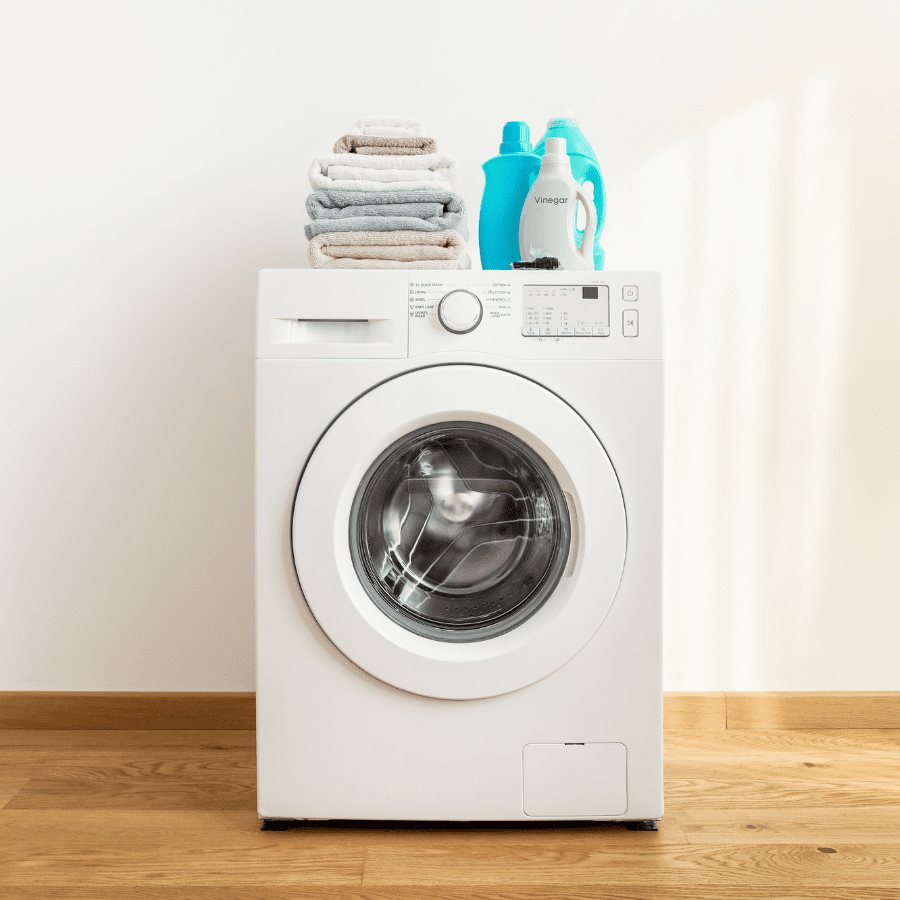
Vinegar can also be used in the bedroom and laundry to keep these areas clean and fresh. Here are a few ways to use vinegar in these spaces:
- Disinfecting beddings and mattresses: Mix vinegar with water in a spray bottle and spritz it onto your beddings and mattress to help disinfect and remove odors. Be light with your mixing to avoid a vinegar smell.
- Softening clothes without chemicals: Use vinegar as a fabric softener by adding it to the fabric softener compartment of your washing machine. It will leave your clothes soft and fresh without the use of chemical-laden softeners.
- Cleaning laundry appliances: Wipe down the interiors of your washing machine and dryer with a vinegar cleaning solution to remove buildup and odors.
By incorporating vinegar into your bedroom and laundry routine, you can keep these areas clean, fresh, and free from odors.
Safety Tips and What to Avoid
While vinegar is a versatile and safe cleaner, there are a few precautions to keep in mind. Here are some safety tips and things to avoid when using vinegar:
- Avoid using vinegar on stone surfaces such as granite and marble, as the acidity can damage the surface.
- Be cautious when using vinegar on unfinished wood surfaces, as it can cause the wood to swell or crack.
- Avoid mixing vinegar with bleach, as this can create harmful fumes.
- When using vinegar on surfaces, be sure to wipe or rinse thoroughly to avoid any residue.
By following these safety tips and avoiding using vinegar on certain surfaces, you can safely and effectively clean your home.
Proper Storage and Handling of Vinegar Cleaning Solutions
Proper storage and handling of vinegar cleaning solutions will help ensure their effectiveness and longevity. Here are a few tips:
- Store vinegar cleaning solutions in a cool, dark place, away from direct sunlight or heat, which can alter the chemical constituents of the solution.
- Label the bottle clearly to avoid confusion and accidental use of the cleaner for other purposes.
- Consider adding a preservative, such as vitamin E oil or grapefruit seed extract, to extend the shelf life of your vinegar cleaner.
- Always handle vinegar cleaning solutions with care and follow safety guidelines to prevent any accidents or mishaps.
By following these storage and handling tips, you can keep your vinegar cleaning solutions safe and effective for future use.
Conclusion
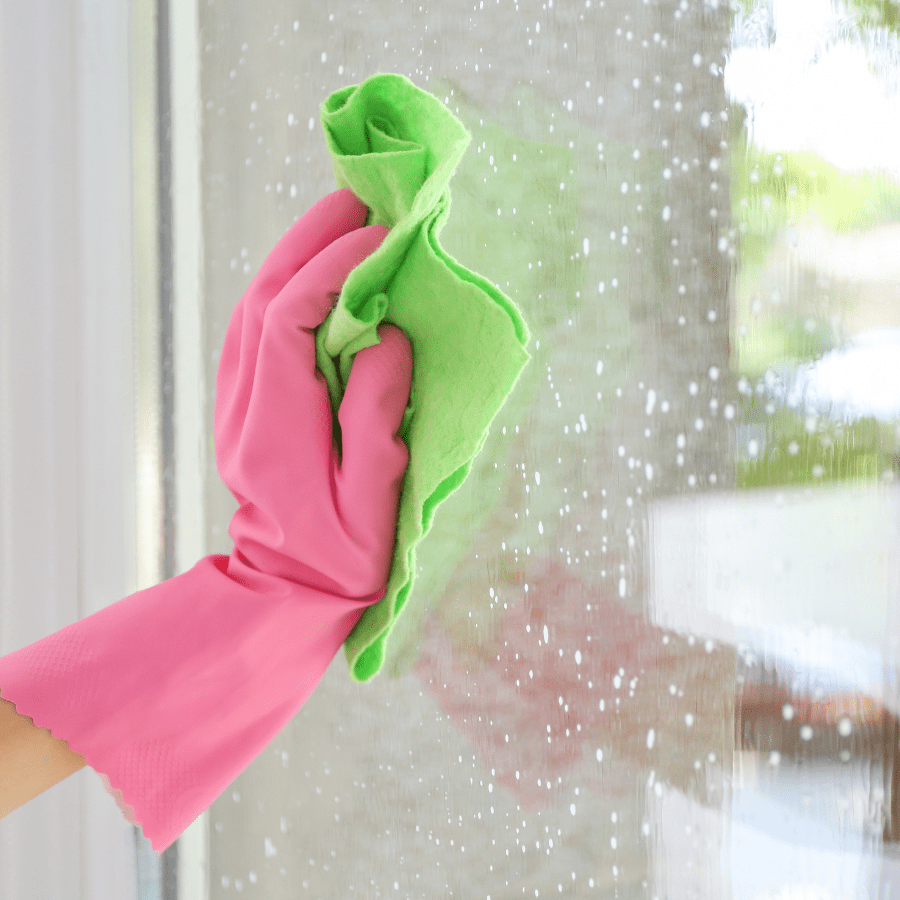
In conclusion, incorporating homemade vinegar cleaner into your cleaning routine can bring a sparkle to your home while being eco-friendly and cost-effective. The acidity of vinegar works wonders against germs and grime, making it a powerful cleaning agent. From kitchen appliances to bathroom fixtures and laundry care, vinegar offers versatile cleaning solutions. Remember to customize your vinegar cleaner with essential oils for fragrance and enhanced cleaning power. Always follow safety tips and avoid using vinegar on certain surfaces. Embrace the natural cleaning prowess of vinegar for a fresh, gleaming home!
Frequently Asked Questions
Can Vinegar Kill Mold and Mildew?
Yes, vinegar can help kill mold and mildew due to its disinfectant properties. However, for tough mold and mildew infestations, it’s recommended to use a stronger cleaning agent specifically designed for mold removal, such as cleaning vinegar or a bleach solution.
How Often Should I Use Vinegar Solutions for Home Cleaning?
The frequency of using vinegar solutions for home cleaning depends on your cleaning needs. You can use vinegar solutions as an all-purpose cleaner for regular cleaning tasks or as needed for specific cleaning needs. It is a safe and natural cleaner that can be used frequently.
Are There Any Risks to Pets or Children?
Vinegar is generally safe to use around pets and children as it is non-toxic. However, it’s important to keep vinegar cleaning solutions out of reach and to avoid direct contact with eyes or ingestion. Always exercise caution and use safe cleaning practices when using any cleaning product.
What kind of vinegar is best to use for cleaning?
Distilled white vinegar is the most commonly used vinegar for cleaning due to its high acetic acid content. However, cleaning vinegar, which has a higher acetic acid concentration, can be more effective for tough cleaning tasks. Apple cider vinegar can also be used, but it may leave a residual scent.
How can I clean with vinegar and avoid the smell?
To avoid the strong smell of vinegar while cleaning, you can add a few drops of essential oil to your vinegar cleaning solution. Citrus essential oils, such as lemon or orange, can help mask the vinegar smell and leave a fresh scent. Alternatively, you can infuse vinegar with citrus peels for a natural air freshener.
What is the difference between white vinegar and cleaning vinegar?
White vinegar and cleaning vinegar are both effective cleaners, but cleaning vinegar has a higher acetic acid concentration, making it stronger and more effective for tough cleaning tasks. White vinegar is milder and more commonly used for general cleaning purposes.